Earth
-
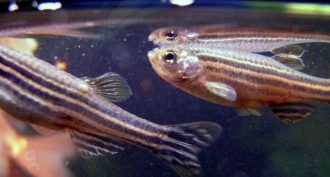 Chemistry
ChemistrySome 3-D printing can leave toxic taint
The ”ink” inside some 3-D printers can leave toxic traces. In tests, these chemicals harmed baby fish. But lighting could render the parts safer.
-
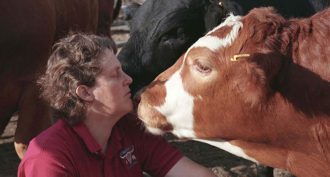 Animals
AnimalsProfile: A human touch for animals
Temple Grandin uses her own autism to understand how animals think. The animal scientist is famous for fostering the humane treatment of livestock.
-
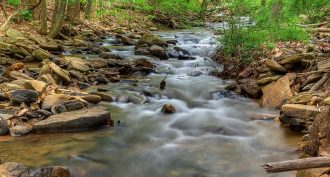 Genetics
GeneticsTaking attendance with eDNA
Environmental DNA, or eDNA, tells biologists what species are in an area — even when they’re out of sight.
-
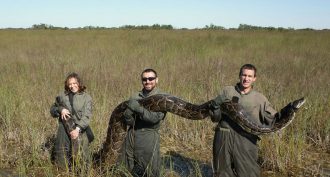 Environment
EnvironmentWildlife forensics turns to eDNA
Environmental DNA, or eDNA, tells biologists what species have been around — even when they’re out of sight or have temporarily moved on.
-
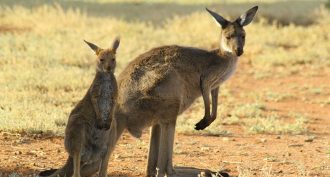 Animals
AnimalsKangaroo farts: Not so ‘green’ after all?
Scientists had thought that kangaroo farts were environmentally friendly because they had little methane. That may not always be true.
-
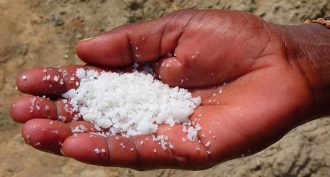 Environment
EnvironmentTable salt and shellfish can contain plastic
Bits of plastic have turned up in sea salts purchased in Chinese supermarkets. The finding suggests all sea salts may be similarly tainted. Shellfish too.
-
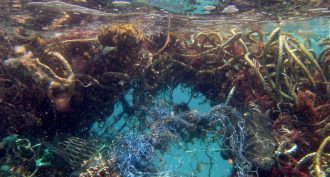 Environment
EnvironmentPlastic trash travels up to Arctic waters
Bags, fishing rope and other tiny bits of plastic are now polluting Arctic waters, posing threats to area wildlife.
-
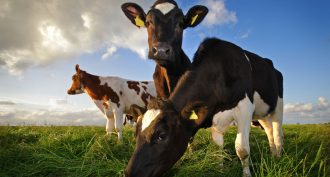 Animals
AnimalsCool Jobs: Crazy about cows
Scientists are studying cows from one end to the other, with the goal not only of making the animals healthier but also of helping the environment.
-
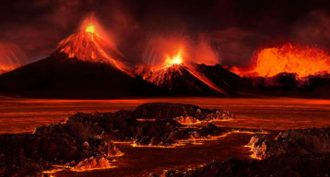 Fossils
FossilsClues to the Great Dying
Millions of years ago, nearly all life on Earth vanished. Scientists are now starting to figure out what happened.
By Beth Geiger -
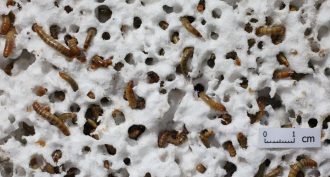 Environment
EnvironmentMealworms chow down on plastic
Gut bacteria in mealworms break down polystyrene. Feeding plastic to the worms, or the germs they carry, could be a way to get rid of these wastes.
-
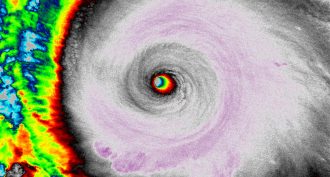 Climate
ClimatePicture This: Biggest hurricane in the West
The hurricane that’s storming into western Mexico has had higher sustained winds than any seen in the Western Hemisphere. It’s also got the lowest atmospheric pressure, making it a monster storm.
By Janet Raloff -
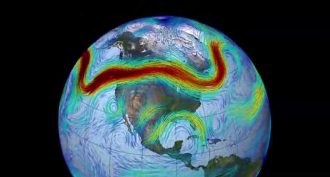 Earth
EarthScientists Say: Jet Stream
You might hear about the jet stream on a weather report, but what is it? We explain.